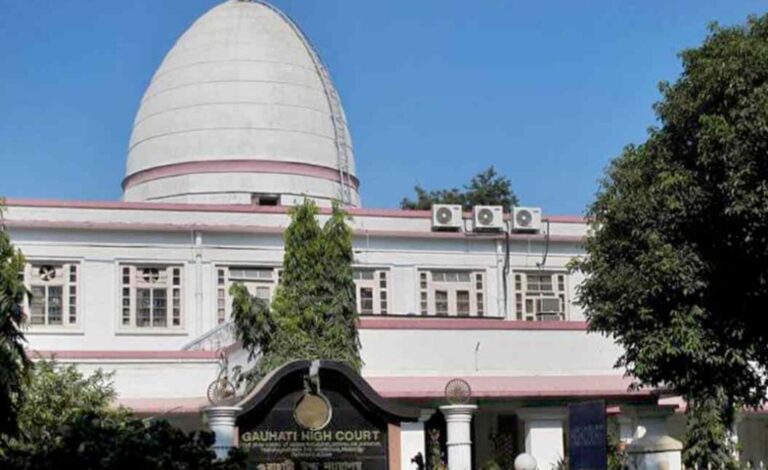In a landmark judgment dated 19 September 2025, the Gauhati High Court quashed a demand issued under Section 73 of the CGST Act, 2017 against M/s PepsiCo India Holdings Pvt. Ltd., holding that such demand was invalid without prior issuance of Form GST ASMT-10 under Section 61 read with Rule 99.
The Court, presided over by Justice Soumitra Saikia, ruled that the GST authorities must first intimate any discrepancies found during scrutiny of returns through ASMT-10 and allow the taxpayer an opportunity to respond. Bypassing this mandatory step and proceeding straight to issue a show-cause notice under Section 73 amounted to a jurisdictional error, rendering the demand unsustainable in law.
Case Details:
Parties: M/s PepsiCo India Holdings Pvt. Ltd. vs. Union of India & Others
Writ Petition No.: WP(C) / 6960 / 2023
Date of Judgment: 19 September 2025
Bench / Judge: Justice Soumitra Saikia
Subject / Context: A show-cause / demand notice under section 73 of the CGST Act (for alleged wrongful availment of Input Tax Credit) based on discrepancies in return (GSTR-9 / GSTR-9C) without prior issuance of Form GST ASMT-10 under section 61 / Rule 99.
Key Legal Principles & Holding:
Statutory scheme under Section 61 + Rule 99 is mandatory.
The Court emphasized that when a return is selected for scrutiny and discrepancies are noticed, the law requires the proper officer to issue a notice in Form GST ASMT-10 (under Rule 99) to inform the taxpayer of the discrepancies and seek his explanation before taking further action.
Only if the explanation is unsatisfactory or no explanation is furnished in the prescribed time can the officer proceed to invoke Section 73 (or other remedial provisions) for determination or recovery.
Failure to issue ASMT-10 vitiates jurisdiction
In this case, the revenue did not issue any ASMT-10 notice to inform or seek explanation from PepsiCo before issuing the Section 73 show-cause notice. The Court held that that procedural non-compliance is fatal: the show-cause notice is without jurisdiction and cannot sustain a demand.
Optional nature of Table 14 of GSTR-9C
A core basis of the revenue’s claim was discrepancy in Table 14 of GSTR-9C (which reconciles ITC with expenses). PepsiCo contended, and the Court accepted, that furnishing of Table 14 for the relevant year (2017-18) was made optional via a series of CBIC / Central Tax notifications (e.g. Notification 56/2019, 79/2020, 30/2021, 14/2022, 38/2023)
Accordingly, absence of data in Table 14 could not by itself be treated as a “discrepancy” unless confronted via ASMT-10.
Cannot bypass procedural safeguards merely because discrepancy is from return.
The Court held that when the only ground for invoking Section 73 is a discrepancy found in the return (i.e. no independent evidence outside the return), the statutory procedure under Section 61 must be followed. The revenue cannot skip directly to Section 73.
Alternative remedy under Section 107 does not bar writ.
The Department argued that because statutory appeal / remedy was available (under Section 107), the writ should be dismissed. The Court rejected that, holding that when jurisdictional procedure is incorrectly assumed, writ remedy is available.
Limitation / inutility of remand:
The petitioner also argued that the limitation period for FY 2017-18 had expired by the time of the interim order, so fresh issuance would be time-barred. The Court noted that the demand for that period had become infructuous.
Implications / Significance:
This decision reinforces that in GST law, procedure is substantive, not merely directory, especially in the context of scrutiny and demand.
It gives comfort to taxpayers that demands based solely on return discrepancies, without being confronted by ASMT-10, may be struck down.
It strengthens the binding force of CBIC / Central Tax notifications and departmental circulars (here, making Table 14 optional) when the revenue is held to them.
It aligns with (or relies on) the Rajasthan High Court’s decision in Goverdhandham Estate Pvt. Ltd. (which the Supreme Court refused to entertain) that non-observance of Section 61 is fatal.
